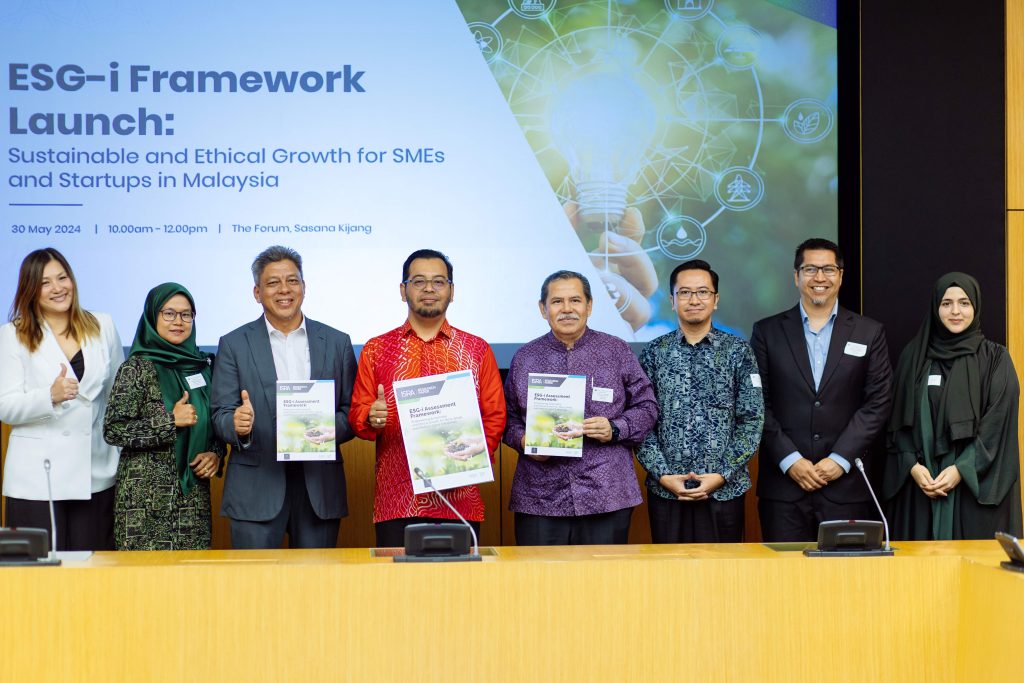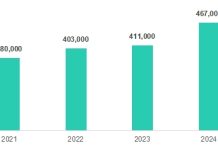Ficus Capital (Ficus), the world’s first ESG-i venture capital firm, in collaboration with INCEIF University, has announced the launch of an innovative tool designed to empower Malaysian micro, small, and medium enterprises (MSMEs) with sustainable practices.
The ESG-i Assessment Framework was introduced at the Global Forum on Islamic Economics and Finance (GFIEF 2024), organized by Bank Negara Malaysia, in partnership with keyindustry players and under the patronage of the Ministry of Finance Malaysia. The event was officiated by the Deputy Minister of Religious Affairs, Senator Dr. Zulkifli Hasan.
This new framework serves as a simple yet inclusive blueprint for assessing sustainability, integrating Shariah principles with the Quadruple Bottom Line (QBL) concept—Planet, People, Profit, and Principle.
It features refined questions and a scoring methodology to evaluate sustainability practices and includes a transitional tool to help MSMEs comprehensively adopt sustainable practices.
Zulkifli highlighted the natural convergence of Islamic finance development with ESG principles, noting the framework’s alignment with Islamic Social Finance practices already employed by Islamic Banks and Financial Institutions in Malaysia.
“This robust ESG-i framework by Ficus and INCEIF is timely, supporting our Prime Minister Datuk Seri Anwar Ibrahim’s recent commitment to Islamic finance innovation through partnerships, and it will catalyze greater integration between Islamic Finance and ESG.”
Recognizing the critical role of MSMEs in the global economy, and their significant contribution to Malaysia’s GDP, employment, and exports, the ESG-i Assessment Framework simplifies complex sustainability criteria.
This practical tool assists MSMEs in transitioning to a Low Carbon, Circular, and Resilient (LCCR) future, mitigating risks, unlocking new markets, and enhancing financial performance.
Ficus Capital Chairman, Nor Azamin Salleh, emphasized the framework’s practicality. “The ESG-i Framework offers a solution for MSMEs to integrate sustainability into their operations, ensuring competitiveness and resilience. This aligns with our commitment to supporting ESG-i principled companies.”
The ESG-i Assessment Framework, developed by Ficus in partnership with INCEIF University, incorporates Shariah principles and QBL concepts, making it especially relevant to Halal MSMEs in Malaysia. The framework provides a structured pathway for MSMEs to integrate ESG factors into their operations, aligning with both local and international sustainability guidelines.
Professor Emeritus Dato’ Dr. Mohd Azmi Omar, President and CEO of INCEIF University, highlighted the positive response from the pilot phase, which demonstrated the framework’s practicality and impact.
“It provides MSMEs with the necessary tools to integrate sustainability into their business practices effectively, empowering them to be resilient, competitive, and future-ready,” he said.
The ESG-i Assessment Framework was piloted with a diverse group of MSMEs, with feedback from regulators, practitioners, Shariah scholars, and academicians refining the tool. It aims to drive significant improvements in sustainability practices among MSMEs, promoting a sustainable supply chain and addressing the evolving sustainability landscape.
The ESG-i Assessment Framework is a crucial tool for MSMEs to transition towards sustainable development within Malaysia’s dual financial system. Its practical, simplified, and Shariah-compliant approach enables MSMEs to navigate the complex global sustainability landscape and contribute to a sustainable future.















